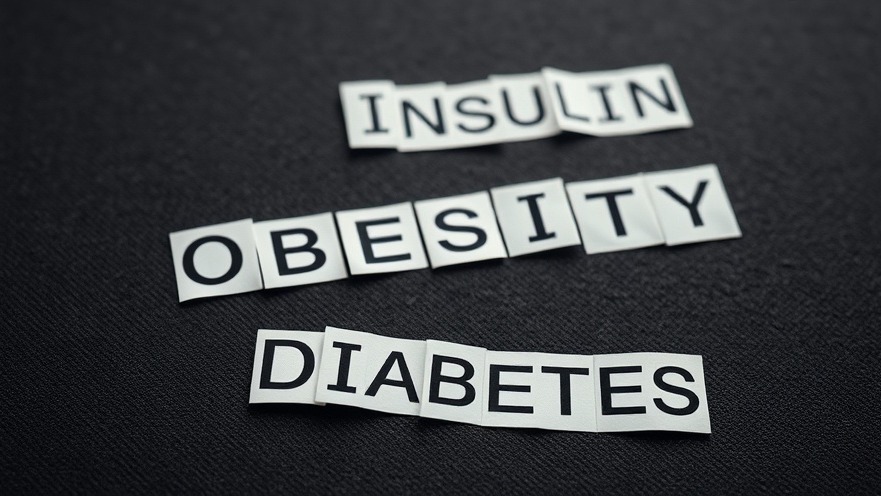
Understanding Breast Density: A Common Yet Overlooked Issue
For many women, the conversation surrounding breast health often revolves around breast cancer awareness, leading to a significant but underappreciated topic: dense breasts. Approximately 43 percent of Canadian women over 40 experience dense breasts, which are characterized by higher amounts of fibroglandular tissue compared to fatty tissue. While dense breasts are a common occurrence, the implications they carry, particularly regarding breast cancer risk, cannot be ignored.
What Are Dense Breasts and Why Do They Matter?
Dense breasts comprise milk glands, ducts, and robust fibroglandular tissue—components that form a denser structure compared to the fatty tissue found in nondense breasts. When viewed on a mammogram, these dense regions can mask potential abnormalities, complicating the screening process. This means that even when no cancer is present, detecting other issues can be more difficult in women with dense breast tissue.
Risk Factors for Dense Breasts
Age, body composition, and hormonal influences are key factors affecting breast density. As women age, breast tissue naturally becomes less dense; however, those with lower body fat or undergoing hormonal therapies for menopause may retain higher density. Additionally, factors such as pregnancy and lactation play significant roles in determining breast composition. Understanding these factors is crucial for women to make informed decisions regarding their breast health.
The Connection Between Dense Breasts and Cancer Risk
Jennie Dale, the co-founder of Dense Breasts Canada, emphasizes the heightened risk associated with dense breasts. Having dense breast tissue is one of the more significant risk factors for breast cancer development, alongside age, family history, and lifestyle choices. This correlation demands attention, as proactive awareness is necessary for effective monitoring and early detection strategies.
Screening Challenges and Solutions
In women with dense breasts, the interpretation of mammogram results can be challenging. Both dense tissue and potential lumps appear as white areas, creating ambiguity and increasing the likelihood of missed detections. To mitigate these challenges, many experts advocate for supplementary imaging solutions, such as 3D mammography or ultrasound, that may provide clearer insights.
Empowering Women Through Education
Notably, Karen White's journey emphasizes the importance of understanding one's breast structure. Through her experience with cancer, she learned that knowledge of breast density not only aids in risk assessment but also empowers women to engage in discussions with their healthcare providers about suitable screening options. Such proactive conversations can potentially save lives.
The Role of Self-Exams in Breast Health
While self-exams can’t identify dense breasts specifically, they are invaluable for familiarizing oneself with normal breast tissue. Women are encouraged to perform monthly self-exams to track any changes, such as unusual lumps or discharge, which warrant medical consultation. Being aware of what is typical for one's body is an essential part of breast health.
The conversation surrounding dense breasts is crucial for advancing women’s health literacy. Though dense breasts typically pose challenges in cancer screening, increased awareness, and education can significantly impact outcomes. Women are encouraged to engage with their healthcare providers about their breast density, personal risks, and the best routine for monitoring their breast health.
Ultimately, educating oneself about dense breasts is not just about understanding a medical term; it's about taking proactive steps toward healthier living. Start the conversation today—your health depends on it.
 Add Row
Add Row  Add
Add 




Write A Comment